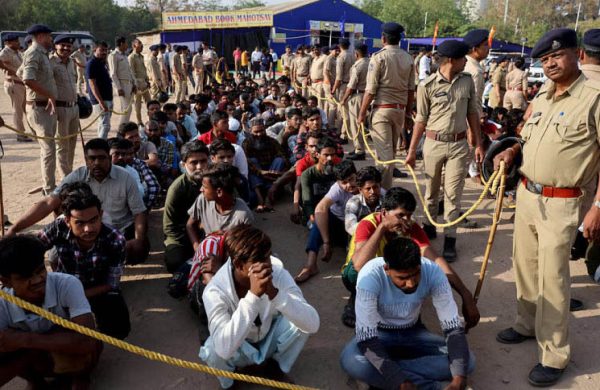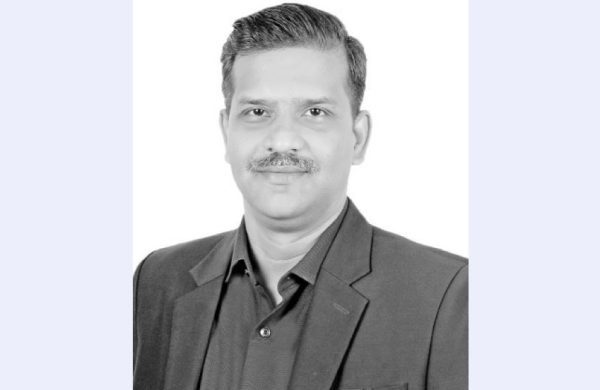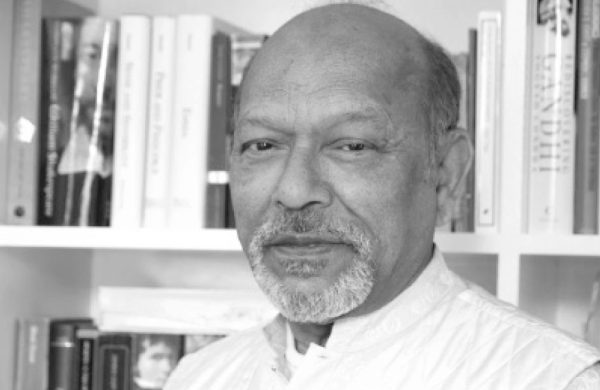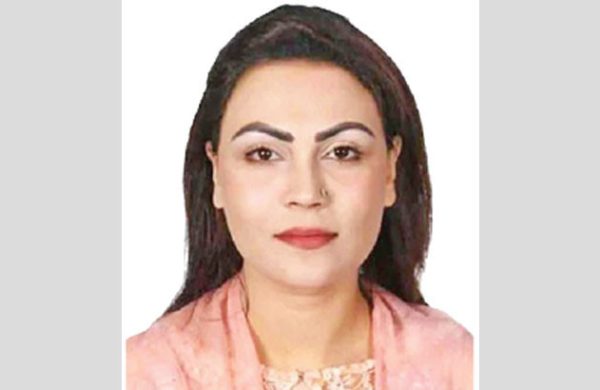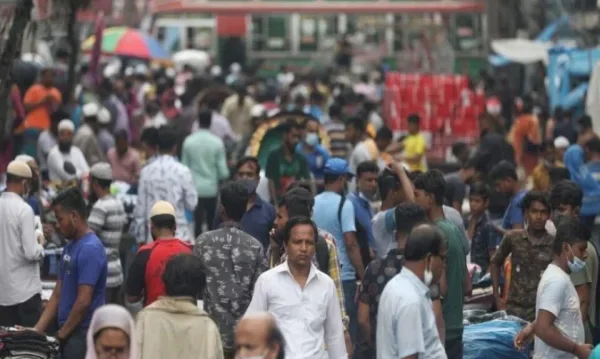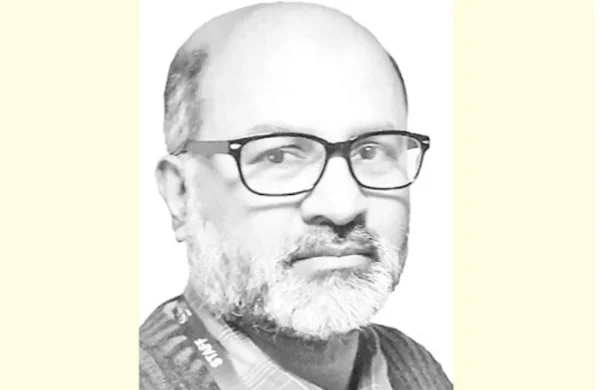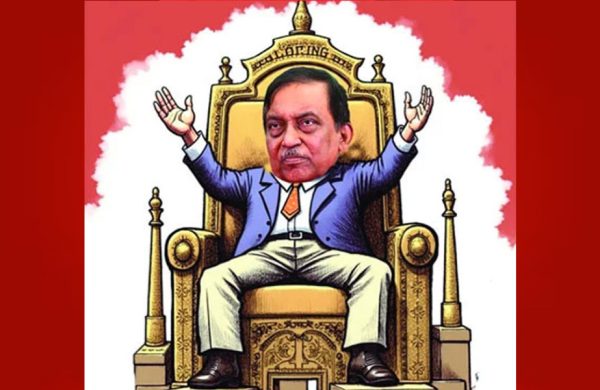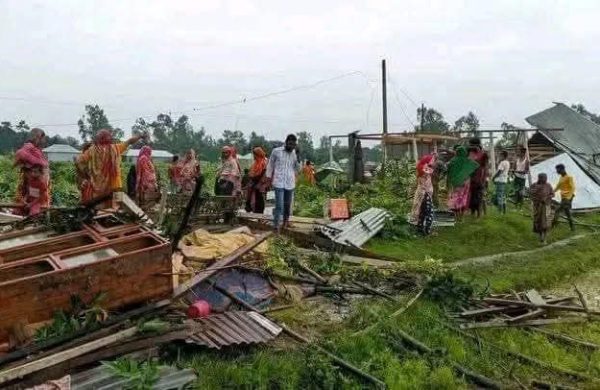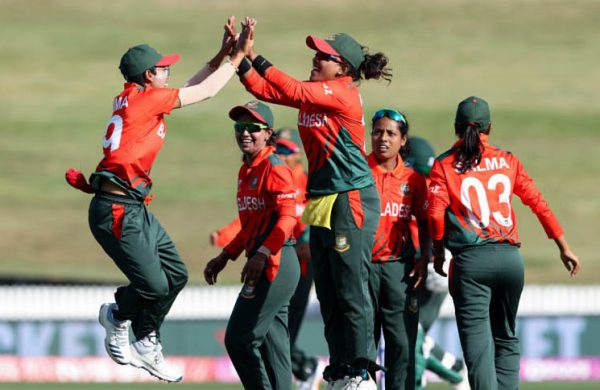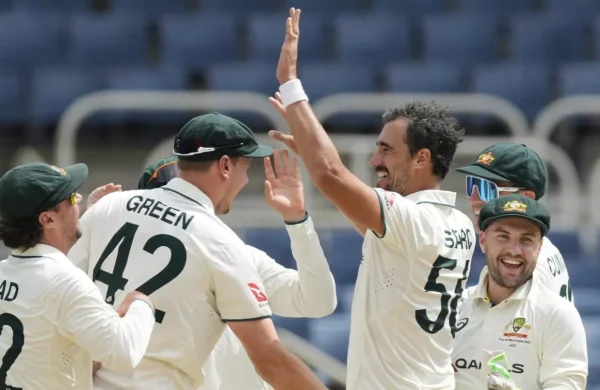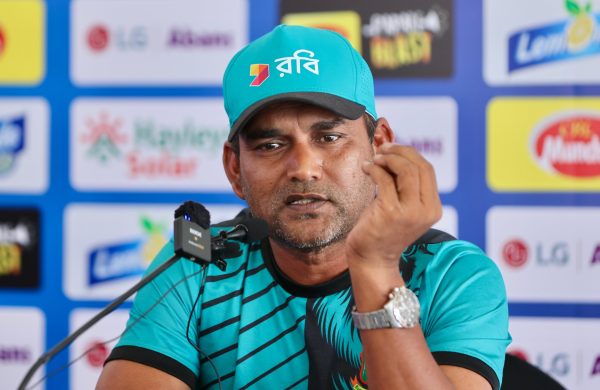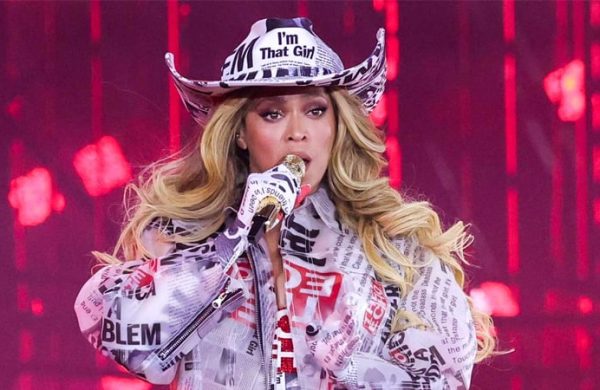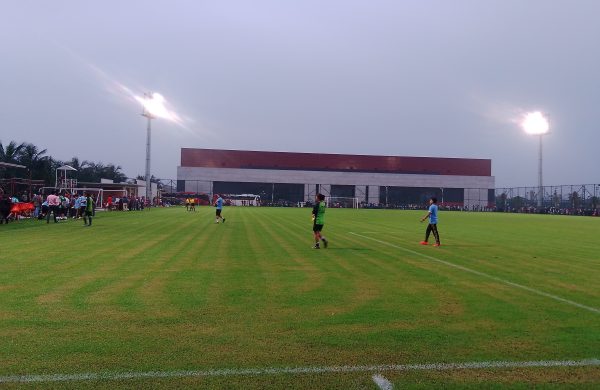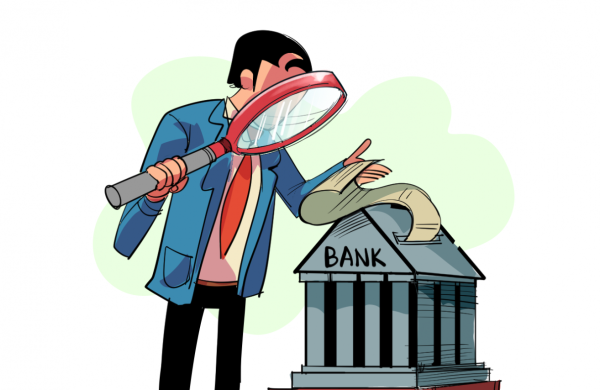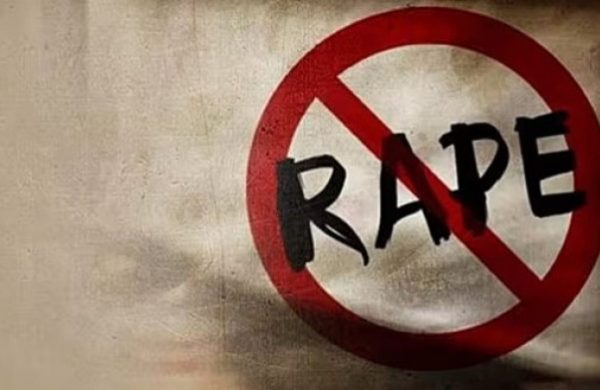Pakistan Election . . . in the Soldiers’ Shadow
- Update Time : Monday, January 22, 2024
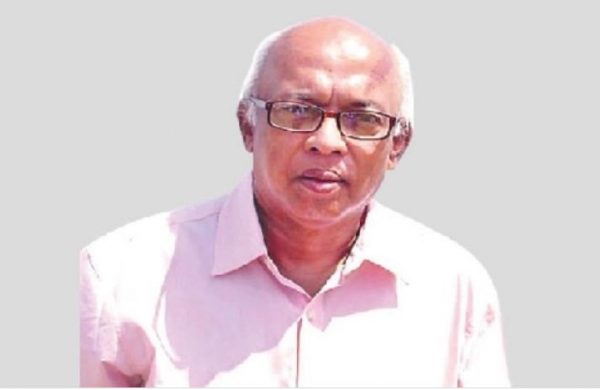
Syed Badrul Ahsan
Pakistan goes to the polls on 8 February. To what extent the election will help the country out of the crisis it has been wallowing in, especially over the past few years, is a question one is hardly able to provide a definitive answer to. Given that much water has flowed down the political river in recent times, it does not seem likely that there will be any dramatic change in Pakistan’s politics following the election.
Add to the political crisis Pakistan’s spat with Iran, a friendly country, over the operations of anti-Tehran Islamist radicals in Balochistan and Iran-based Islamist opponents of Islamabad in the past week. Iranian air strikes on Panjgur in Balochistan were swiftly answered by Pakistani air strikes on Sistan-Balochistan in Iran. Ironically, the Iranian strikes, inexplicable as they were, came the very day when Pakistan’s caretaker Prime Minister Anwaarul Haq Kakar was meeting Iranian Foreign Minister Hossein Amir-Abdollahian on the sidelines of the World Economic Forum in Davos.
Pakistan’s economic problems are an added factor in the country’s politics, raising the question of whether the political parties taking part in the election will be in a position, assuming any one of them takes charge in Islamabad, to make the country turn around. So far, none of the parties have offered any concrete plan of how they mean to tackle such issues. The picture has simply been one of the parties jockeying for power in a way reminiscent of the ugly competition they have engaged in the past.
Imran Khan’s Pakistan Tehrik-e-Insaf (PTI) is in the election, but in an emasculated state. Its leader is in prison, debarred from contesting in the election and unable to communicate with his party or the electorate. The PTI’s demand for the cricket bat as its electoral symbol has not been accepted by a clearly biased Election Commission, leaving its candidates going for the vote with individual symbols.
That the Pakistan army, traditionally the country’s leading political player, will not permit Khan to emerge free is a given. Besides, the PTI in recent months has lost, obviously under military pressure, a large number of its leading lights. They have either left the party or have aligned themselves with new political formations. Where political leaders are expected to resist repression, these PTI deserters have given a poor show of themselves.
The PTI will not be allowed to win the election. Perhaps a pliant segment of it, pliant with the military’s instructions, will come by a few seats in the national assembly. Meanwhile, in Adiala jail, the authorities are busy dealing with such absurdities as the legality of Imran Khan’s marriage to Bushra Bibi under Islamic law. The point is obvious: the objective is to damage Khan, making it hard for him to make a comeback in politics. At the other end, it is Nawaz Sharif, whose record in politics has not been of an exemplary kind, yet who looks to being prime minister again. The corruption cases lodged earlier against him, plus his long stay in London despite promises to return home after medical treatment, have conveniently been pushed aside.
It is likely that the army will have Sharif return to office minus power. That will not be anything new for the former prime minister. He happens to be among those politicians, one other being Zulfikar Ali Bhutto, raised to political prominence by the military and then dumped by it. Nawaz Sharif’s star rose under General Ziaul Haq. The brightness of the star dimmed when General Pervez Musharraf, chief of army staff under Sharif, overthrew him in 1999. Some years later, when his star rose again, Sharif found himself in prime ministerial office once more. And then the army, taking a fancy to Imran Khan, engineered the removal of the Punjab man from the scene one more time.
All of this is worrying for Pakistan and its neighbours, chiefly because it is concerning for regional stability. No Pakistani civilian government since the fall of the Bhutto administration in 1977 has exercised unfettered authority in defence and foreign affairs. When Benazir Bhutto assumed office as prime minister in 1988, it was made clear to her by the army under General Aslam Baig and its civilian loyalist, President Ghulam Ishaq Khan, that these two subjects would not be within her remit.
The situation has persisted and indeed under General Asim Munir has only hardened. The conclusion here is that Nawaz Sharif may experience a renewal of happiness as prime minister after 8 February, but his wings will remain clipped. He is not intellectually equipped to be the kind of leader who will challenge the powerful generals at GHQ Rawalpindi.
And yet all this reflection on Nawaz Sharif cannot preclude discussion on the Pakistan People’s Party. The party, formed by Z.A. Bhutto and a group of left-wing political thinkers in 1967 and having played a pivotal role in Pakistani politics over the decades, including assisting the army in repudiating the results of the country’s first general election in December 1970, is today much smaller in size and therefore much less influential in politics. It has effectively shrunk, under the father-son team of Asif Zardari and Bilawal Bhutto Zardari, into a dynastic political organisation restricted to Sindh.
The son of Benazir Bhutto, whose public addresses are a clear imitation of his grandfather’s speeches, will have a tough time convincing voters in Punjab to return to the PPP tent.
In Khyber-Pakhtunkhwa, Maulana Fazlur Rahman holds the key to power. In Balochistan, at this point no single party appears capable of gaining a majority of seats in the national assembly. The inevitable conclusion is that power will continue to remain in Punjab, with perhaps some of it – depending on the degree of Bilawal Bhutto Zardari’s public appeal – going to Sindh. The February election could well throw up a PML-PPP coalition government. But, again, if the PPP falls behind the PML in electoral arithmetic, it may not agree to be part of any coalition but prefer to occupy the opposition benches in the national assembly.
The February election will certainly not be a turning point in Pakistan’s history. With the political leader enjoying the most public support – and that is Imran Khan – in incarceration and his party already clobbered into silence by the military, the election will have little legitimacy. The new government will have little or no authority to go against the desires of the army. It will be the soldiers who will always loom over the government, keeping close watch on its activities. It will therefore be more of the same, with a cautious and pusillanimous civilian government performing in office and an omnipotent army having its writ run all over the country and not just in the cantonments.
The history of elections in Pakistan has not been of a cheering sort. Its first election left the country dismembered. And then came an election which was rigged, eventually leading to the execution of a prime minister on questionable charges. After that came Ziaul Haq’s party-less elections, which made little sense. And in these past many years, elections have been army-managed affairs, with governments rising and falling, with politicians going to prison and coming out of it, all on the watch of the soldiers.
_____________________________
Syed Badrul Ahsan, a veteran journalist, who writes on politics and diplomacy


